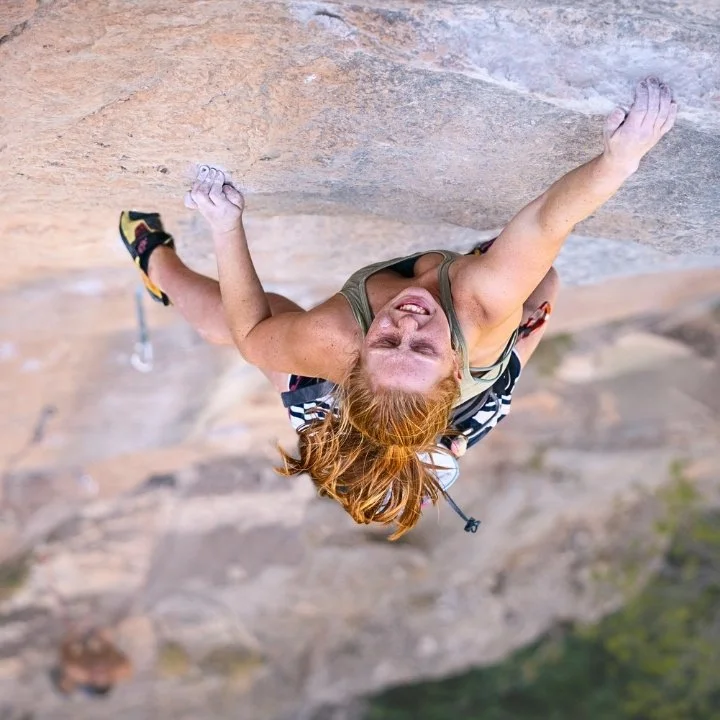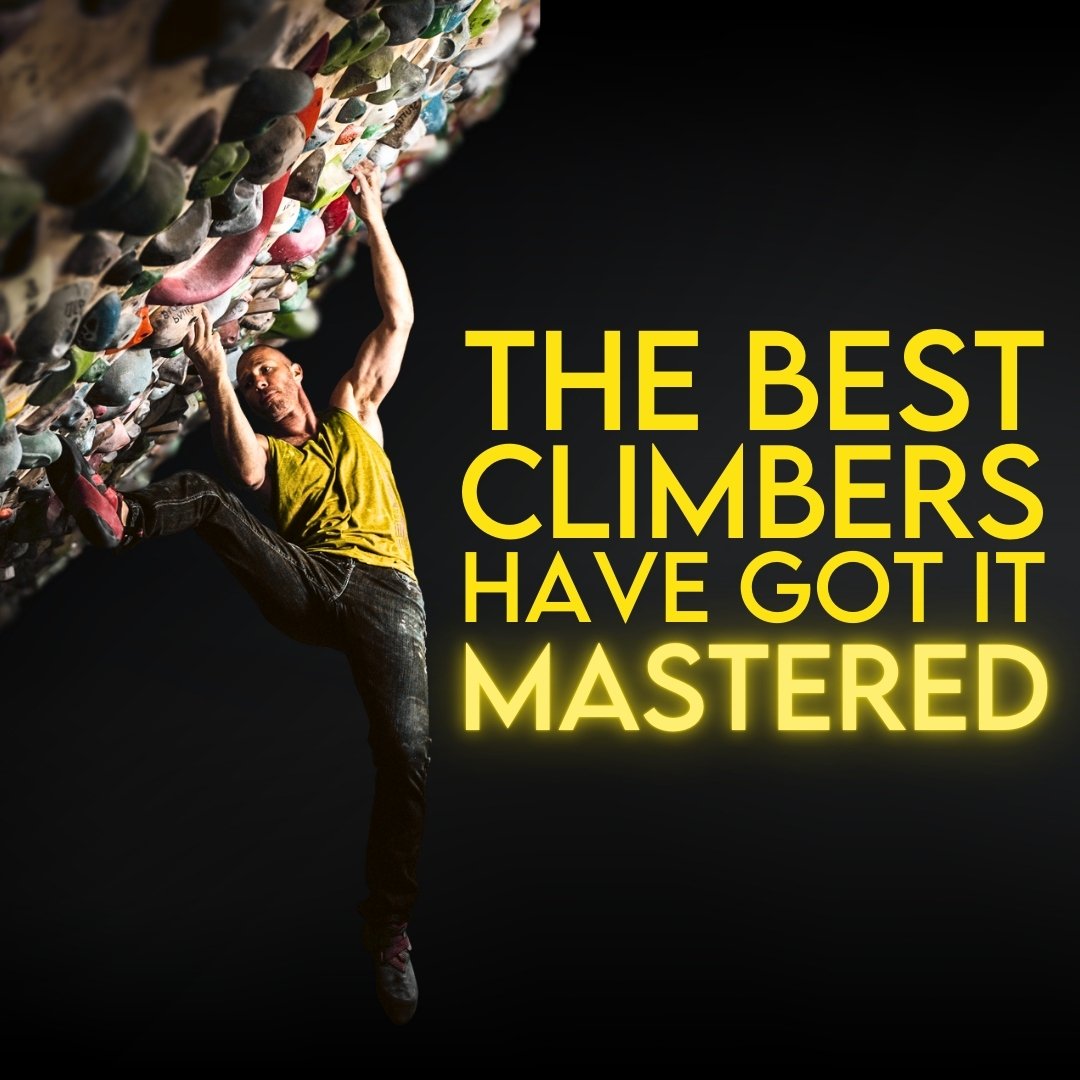Alex Megos Admits He Was Wrong. But Was He?

Part of the Alex Megos lore is:
"There are no bad conditions, only weakness."
We all knew it wasn't true, and even Alex came clean to me about it, but he may have actually been right – at least when it comes to progression.
EXPLORE FURTHER
You might enjoy these related articles, episodes, and other resources:
Adapt: Lessons Learned Climbing 100 5.13's
Written In Stone | Hubble vs. Action Directe: The World’s First 14d (9a)
Alex Megos & Ken Etzel | Rotpunkt
SUPPORT + CONNECT
Help us keep the show sponsor-free when you join our Patreon Community for as little as $3.
Get two or more bonus episodes every month on Patreon, Spotify, or Apple.
Subscribe to THE CURRENT and get a monthly exploration of how we can all become better climbers.
Switching back and forth between sport climbing and bouldering can be difficult…
Alex Megos once said that conditions don’t matter, but we all know that’s not true… or is it?
There’s one often overlooked thing that has the power to positively – or negatively – affect every single day of climbing for the rest of your life.
There is a point at which continuing a tactical approach can slow your climbing gains.
Toe-hooking can seem more like sorcery than other techniques, but you’re probably just going about it the wrong way.
Despite being constantly present and often the reason we fail, Rhythm is the most underrated of the Atomic Elements of Climbing Movement.
There’s A LOT of great information out there on how to climb harder. But it’s tough to sort through…
Short climbers are good at getting scrunchy, and tall climbers are good at climbing extended, right? Wrong.
One of the most common places things start to fall apart is at the very beginning of the move.
We know spending time on a finishing link is smart tactics for hard climbs. So why not apply the same concept to individual moves?
Learning when and how to compensate for a weakness is a skill. And skills need to be practiced.
Training principles are important, but when they creep into performance, your climbing will suffer. Nearly every time.
We have become collectors of dots. But there’s one major thing that happens when we connect dots that is entirely lost in mass dot collection: critical thinking.
You have a climbing trip coming up. The rock is different. The style is different. Your pre-trip time is short and the number of days you’ll be climbing, even shorter…
The difficulties of a task should be such that they help the learner translate the skill to performance.
You’re watching your client, student, partner, or bestie struggle. And you want to help. But how? It entirely depends on the goal.
We think we know exactly what climbing looks like. We’ve zeroed in on the details. And in this case, it really isn’t those details that matter.
A climber since 1994, Kris was a traddie for 12 years before he discovered the gymnastic movement inherent in sport climbing and bouldering. Through dedicated training and practice, he eventually built to ascents of 5.14 and V11.
Kris started Power Company Climbing in 2006 as a place to share training info with his friends, and still specializes in working with full time "regular" folks. He's always available for coaching sessions and training workshops.



















A better way to view grades and progression?